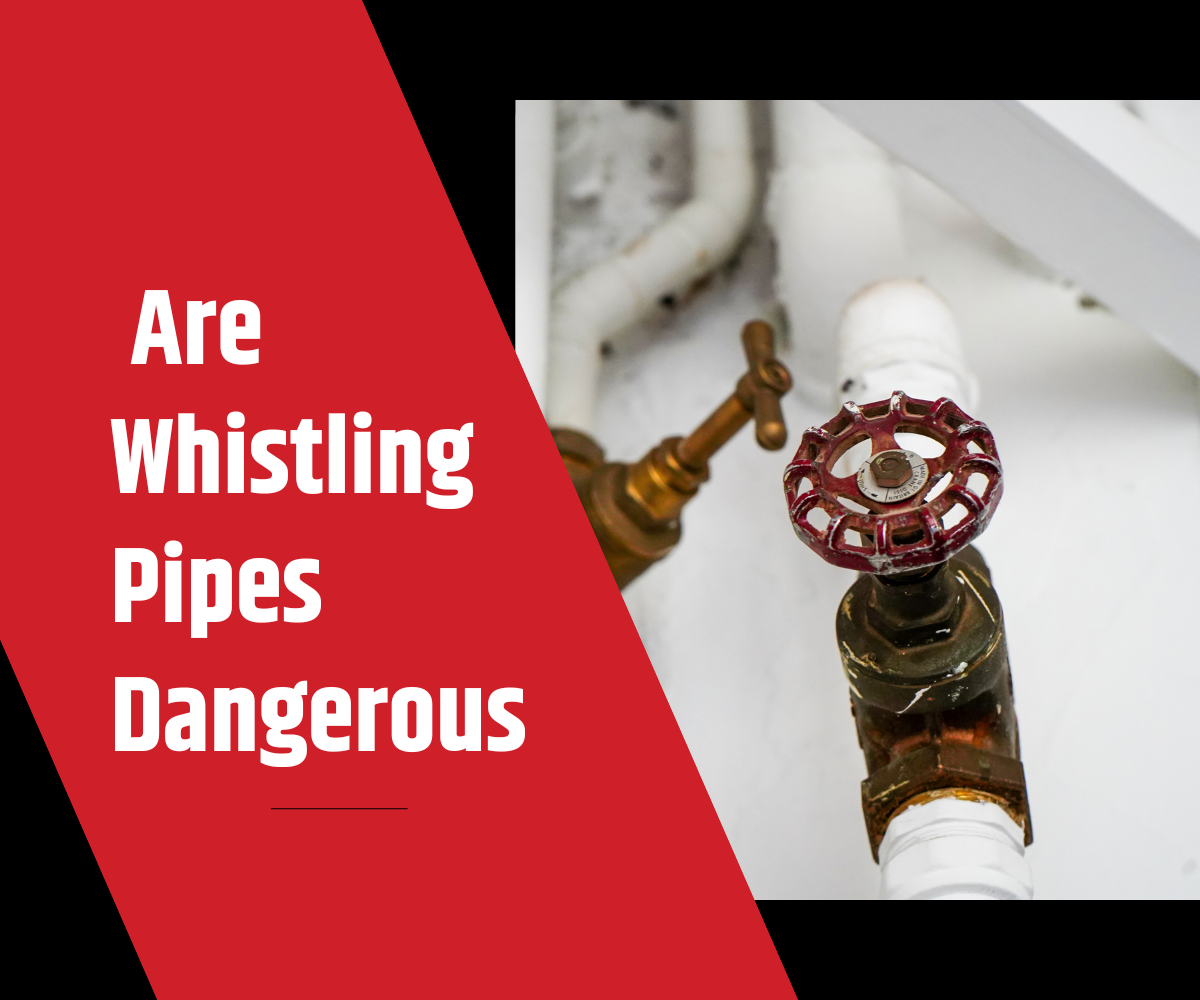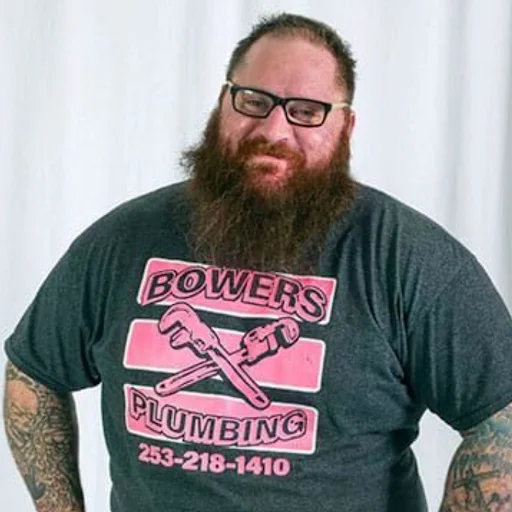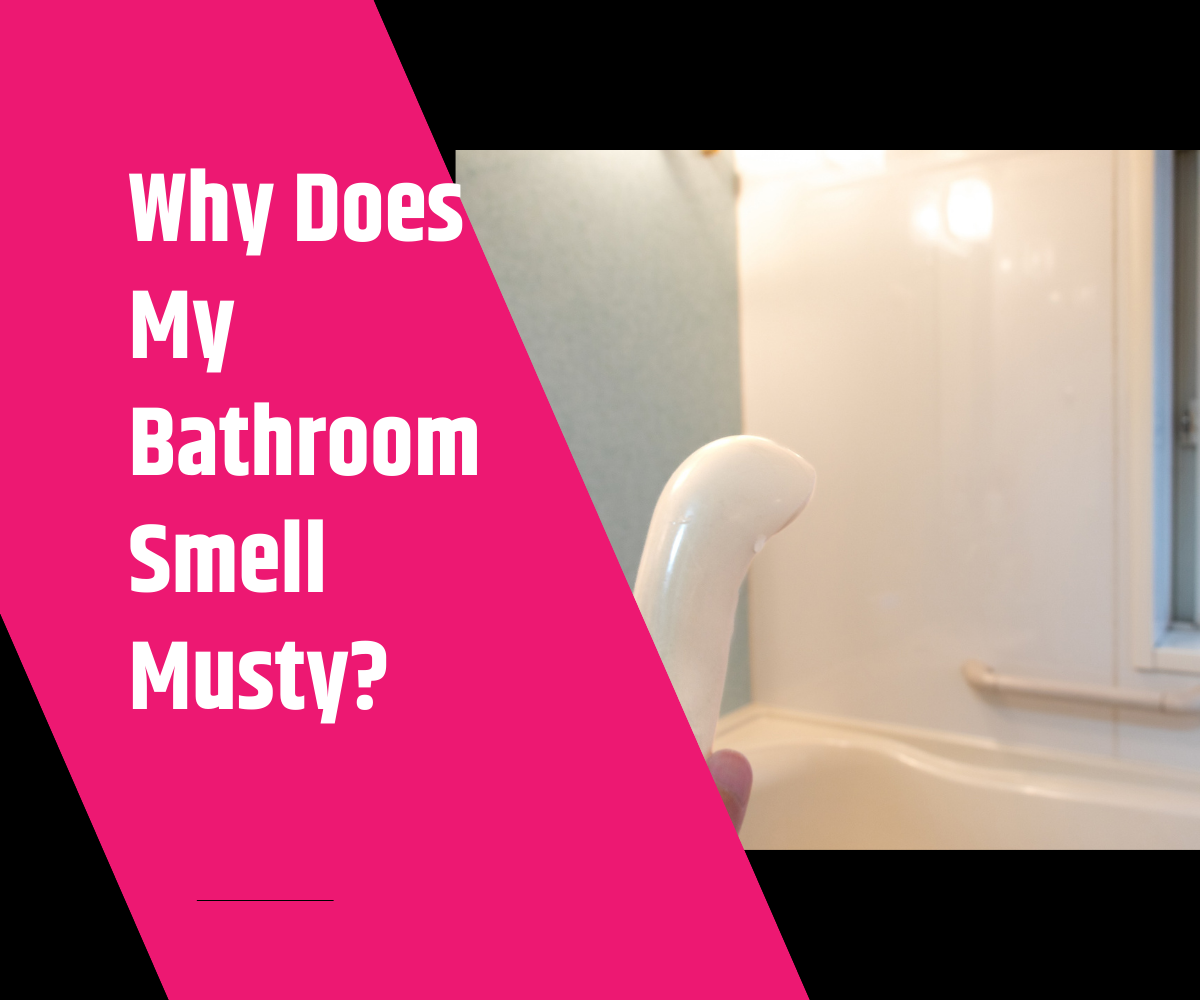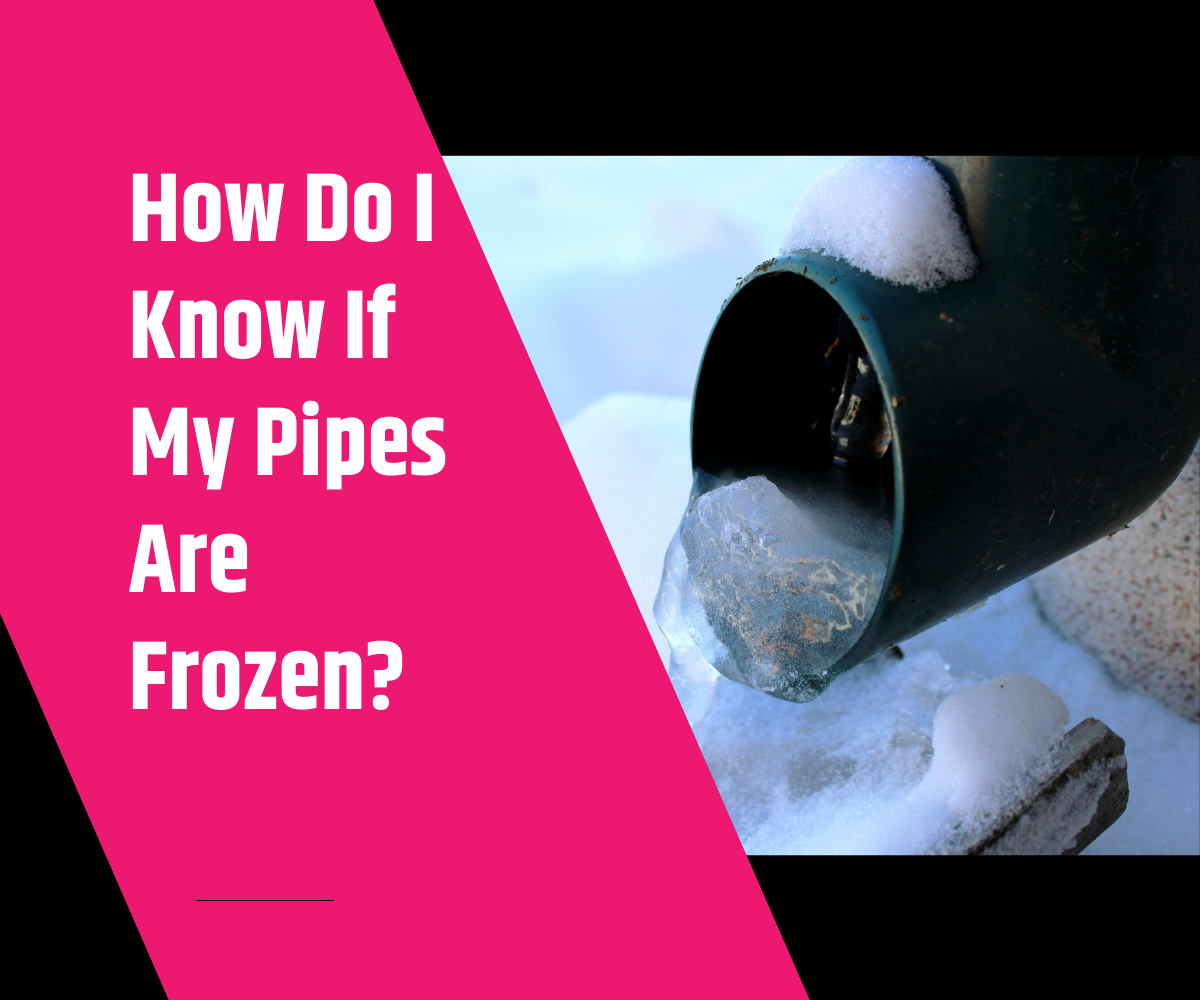Are Whistling Pipes Dangerous?
If you’ve ever walked through your home and heard a strange whistling or squealing sound coming from your pipes, you’re not alone. Many homeowners experience this phenomenon of noisy pipes that is plumbing related, at some point. While it can be unsettling, many people don’t realize that whistling pipes may be a sign of an underlying plumbing issue. So, are whistling pipes dangerous? Let’s dive into what causes the whistling air sound and whether or not it poses a risk to your plumbing system.
What Causes Whistling Pipes?
Whistling pipes are often the result of a change in water pressure or flow within your plumbing line system. The whistling noise is caused by water trying to pass through a narrow opening or restricted space, causing it to move rapidly. This rapid movement of water can create vibrations that produce the high-pitched sound you hear. Common causes of whistling pipes include:
Water Pressure Problems: One of the most common causes of whistling pipes is high water pressure. When the water pressure in your plumbing system exceeds the normal range, it can cause the water to travel too quickly through the pipes. As a result, the water may struggle to flow through certain sections of the water pipes, especially if there are bends or constricted fittings, leading to the whistling sound.
Signs of high water pressure include:Whistling or squealing sounds when using water
Leaking faucets or fixtures
Appliance damage (e.g., washing machines, dishwashers)
Dripping faucets when turned off
Partially Closed Valves: If the shutoff valves, particularly those under sinks or near appliances, are not fully open, they can restrict the flow of water. When water passes through a partially closed valve, it causes the water to squeeze through the small opening, creating a high-pitched sound. This can be especially noticeable when using appliances that demand higher water flow, such as dishwashers or washing machines.
Clogged or Dirty Pipes: Over time, debris, mineral deposits, and other build-ups can accumulate inside your pipes. This can narrow the passageway, forcing water to move through a smaller space, resulting in a whistling sound. Hard water, in particular, can cause mineral deposits to build up inside pipes, which not only restricts water flow but also increases the risk of pipe corrosion and other plumbing issues.
Faulty Faucets or Fixtures: In some cases, the whistling sound may not be coming from the pipes themselves but from faulty faucets, showerheads, or other fixtures. If a faucet has a damaged washer or a showerhead is clogged with mineral deposits, it can cause the water to flow erratically, leading to a whistling noise.
Water Hammer: A water hammer occurs when water suddenly stops or changes direction in the pipes, often due to a valve closing too quickly. While a water hammer typically results in a loud banging noise, some plumbing systems may produce a high-pitched whistling sound instead. This is most common when appliances or fixtures like washing machines or dishwashers shut off the water flow suddenly.
Are Whistling Pipes Dangerous?
Now that we understand the causes of whistling pipes, the next question is whether or not they are dangerous. In most cases, whistling pipes are not an immediate emergency, but they can signal a potential problem that could worsen over time. Here’s how whistling pipes can affect your home and plumbing system:
1. Potential for Pipe Damage:
High water pressure or clogged pipes can cause significant wear and tear on your plumbing system. Over time, increased pressure can lead to leaks, burst pipes, or even damage to appliances. If the whistling sound is caused by excessive water pressure, it’s important to address the issue promptly to avoid long-term damage.
Tip: If you suspect high water pressure is the issue, it’s a good idea to invest in a pressure-reducing valve. This device helps regulate the water pressure and ensures it stays within the safe range for your plumbing system.
2. Higher Utility Bills:
Whistling pipes caused by restricted water flow or high pressure can result in increased water consumption. If water is being forced through constricted pipes, it may take longer to complete tasks such as filling a bathtub, running a dishwasher, or washing clothes. This can lead to higher utility bills as your appliances work harder and consume more water to perform their tasks.
3. Clogging and Corrosion:
Clogged pipes or those with mineral build-up can eventually corrode or degrade. If left unchecked, these issues can worsen over time, leading to more serious problems such as pipe bursts or leaks. If you hear whistling near a particular fixture, it’s essential to check for any buildup or blockages that could restrict water flow and lead to pipe damage.
4. Leaky Fixtures and Appliances:
As previously mentioned, whistling pipes can sometimes be the result of faulty fixtures or partially closed valves. If a valve is only partially open or a faucet is malfunctioning, it may cause water to flow erratically, leading to a water leak and possible water damage. In the long run, even a small water leak can accumulate and cause significant damage to your walls, floors, and ceilings. It’s important to perform a leak repair as soon as possible.
How to Fix Whistling Water Pipes
If you’re experiencing whistling pipes, it’s essential to identify the underlying cause and address it as soon as possible. Here are some steps you can take to resolve the issue:
Check Water Pressure: The first step is to check the water supply pressure in your home. You can purchase a water pressure gauge from a local hardware store to measure the pressure in your plumbing system. If the pressure is too high (above 60-70 psi), consider installing a pressure-reducing valve.
Inspect Valves and Fixtures: Check all shutoff valves and fixtures to ensure they are fully open and functioning properly. If the whistling is coming from a particular faucet or fixture, clean it thoroughly to remove any mineral deposits or debris.
Clean and Flush Pipes: If your pipes are clogged with debris or mineral build-up, it may be necessary to clean or flush the pipes. This can often be done by a plumber using specialized tools or equipment.
Consult a Professional Plumber: If you’ve checked the pressure and valves but the problem persists, it’s a good idea to consult a professional plumber for any installation questions. A plumber can accurately diagnose the issue, whether it’s a water pressure problem, a blockage, or a worn-out fixture, and provide you with the appropriate solution or replacement.
Conclusion
Whistling pipes are typically not an immediate danger to your home, but they can be a sign of an underlying plumbing issue that requires attention and repair. Whether your pipes are whistling and are caused by high water pressure, clogged pipes, or faulty fixtures, it’s essential to address the problem to prevent further damage to your plumbing system and avoid higher utility bills. If you’re unsure how to fix the issue, don’t hesitate to contact a professional plumber for maintenance service of your plumbing repair issue. They can help you resolve the issue and ensure your plumbing system is running smoothly.






